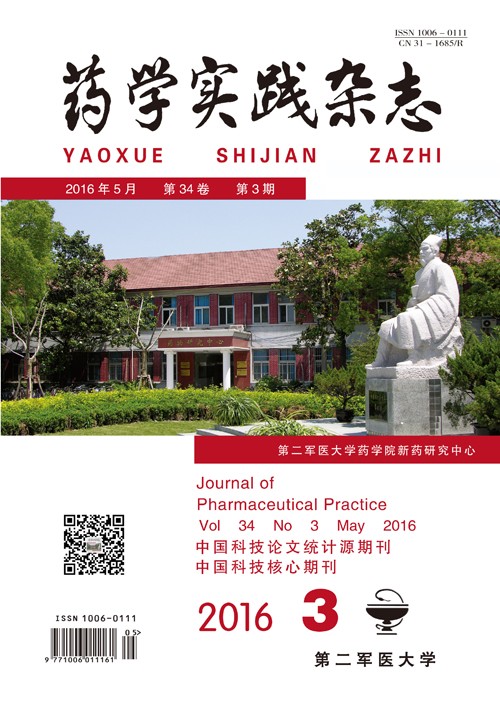|
[1]
|
Maude SL, Frey N, Shaw PA, et al. Chimeric antigen receptor T cells for sustained remissions in leukemia[J]. N Engl J Med, 2014, 371(16):1507-1517. |
|
[2]
|
Shen H, Laird PW. Interplay between the cancer genome and epigenome[J]. Cell, 2013, 153(1):38-55. |
|
[3]
|
Roessler S, Budhu A, Wang XW. Deciphering cancer heterogeneity:the biological space[J]. Front Cell Dev Biol, 2014, 2:12. |
|
[4]
|
Beavis PA, Slaney CY, Kershaw MH, et al. Reprogramming the tumor microenvironment to enhance adoptive cellular therapy[J]. Semin Immunol, 2015, 11:3. |
|
[5]
|
Park HJ, Kusnadi A, Lee EJ, et al. Tumor-infiltrating regulatory T cells delineated by upregulation of PD-1 and inhibitory receptors[J]. Cell Immunol, 2012, 278(1):76-83. |
|
[6]
|
Ciceri F, Bonini C, Stanghellini MT, et al. Infusion of suicide-gene-engineered donor lymphocytes after family haploidentical haemopoietic stem-cell transplantation for leukaemia (the TK007 trial):a non-randomised phase Ⅰ-Ⅱ study[J]. Lancet Oncol, 2009, 10(5):489-500. |
|
[7]
|
Kloss CC, Condomines M, Cartellieri M, et al. Combinatorial antigen recognition with balanced signaling promotes selective tumor eradication by engineered T cells[J]. Nat Biotechnol, 2013, 31(1):71-75. |
|
[8]
|
Caruso HG, Hurton LV, Najjar A, et al. Tuning sensitivity of CAR to EGFR density limits recognition of normal tissue while maintaining potent antitumor activity[J]. Cancer Res, 2015, 75(17):3505-3518. |
|
[9]
|
Sun M, Shi H, Liu C, et al. Construction and evaluation of a novel humanized HER2-specific chimeric receptor[J]. Breast Cancer Res, 2014, 16(3):R61. |
|
[10]
|
Lanitis E, Dangaj D, Hagemann IS, et al. Primary human ovarian epithelial cancer cells broadly express HER2 at immunologically-detectable levels[J]. PLoS One, 2012, 7(11):e49829. |
|
[11]
|
Hapuarachchige S, Kato Y, Artemov D. Bioorthogonal two-component drug delivery in HER2(+) breast cancer mouse models[J]. Sci Rep, 2016, 6:24298. |
|
[12]
|
Kulhari H, Pooja D, Shrivastava S, et al. Trastuzumab-grafted PAMAM dendrimers for the selective delivery of anticancer drugs to HER2-positive breast cancer[J]. Sci Rep, 2016, 6:23179. |
|
[13]
|
左明辉, 金华君, 黎江, 等. 多靶向VEGF-EGFR的Fc融合蛋白EVP1的构建及其结合特性[J]. 中国肿瘤生物治疗杂志, 2012, 19(3):239-246. |
|
[14]
|
Zhong XS, Matsushita M, Plotkin J, et al. Chimeric antigen receptors combining 4-1BB and CD28 signaling domains augment PI3 kinase/AKT/Bcl-XL activation and CD8+ T cell-mediated tumor eradication[J]. Mol Ther, 2010, 18(2):413-420. |
|
[15]
|
Kenderian SS, Ruella M, Gill S, et al. Chimeric antigen receptor T-cell therapy to target hematologic malignancies[J]. Cancer Res, 2014, 74(22):6383-6389. |
|
[16]
|
Harris DT, Kranz DM. Adoptive T cell therapies:A comparison of T cell receptors and chimeric antigen receptors[J]. Trends Pharmacol Sci, 2016, 37(3):220-230. |







 DownLoad:
DownLoad: